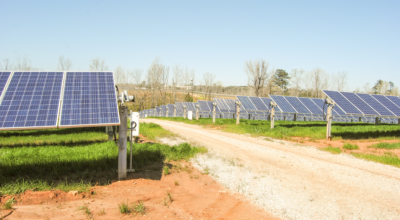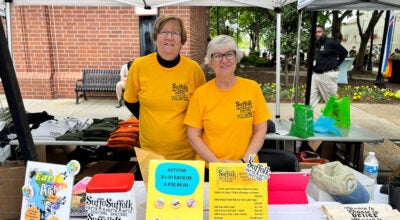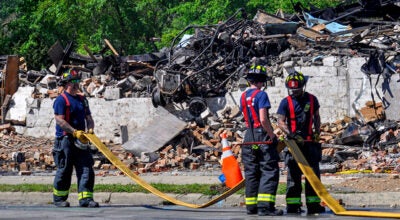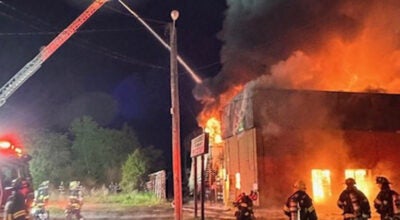Get ready for winter weather now
Published 9:00 pm Saturday, November 28, 2009
RICHMOND – Last March 2, just 19 days before the official end of winter, many Virginians got a big white reminder that the season still could pack a punch, when a significant snowfall covered the commonwealth. The storm caused icy roads, traffic crashes and power outages, and it shut down schools, offices and businesses.
“Life was disrupted, no doubt about it,” said Michael Cline, state coordinator for the Virginia Department of Emergency Management. “Last year, we had just the one big storm, but we’re long overdue for a typical winter that brings several snows, as well as ice storms. It’s really important for everyone to get ready for winter.”
Virginia is vulnerable to severe winter weather, which can lead to injury and death from hypothermia, heart attack, stroke and traffic crashes. This winter, families also are vulnerable to the so-called swine flu. Governor Tim Kaine has declared Winter Preparedness Week Nov. 29-Dec. 5 to highlight importance of getting ready for possible bad weather and protecting your family’s health and safety.
Several state agencies, local emergency management offices and the National Weather Service are joining to provide winter safety information to Virginia residents during Winter Preparedness Week and throughout the season.
“All it takes is one heavy snow that sticks around for several days to remind us that being prepared ahead of time makes a lot of sense,” said Bill Sammler, warning coordination meteorologist for the NWS in Wakefield. “Use Winter Preparedness Week as a time to get ready for the season and also to ensure your family’s safety.”
Simple steps to getting winter ready include setting aside emergency supplies, making a family emergency plan and staying informed about local conditions.
Get a kit. Emergency supplies for winter weather include – at a minimum – these basic items: three days’ worth food and water; a battery-powered radio with extra batteries; and a family emergency plan. After getting these supplies, add a first aid kit, medications if needed, blankets and warm clothing, supplies for special members of your household and pet items.
4Make a plan. Choose an out-of-town relative or friend to be your family’s point of contact for emergency communications. Decide on a meeting place if your family cannot return home because of closed roads. Discuss with your family what you would do in case of severe winter weather in your area. Write down your plan. Get a simple family plan form at www.ReadyVirginia.gov.
Stay informed. Before, during and after a winter storm, you should listen for up-to-date information from your local media and emergency officials. Local media will give instructions from local, state and federal agencies that cover road conditions, winter storm watches and warnings, power outages and health information. Make sure your battery-powered radio is working and you have extra batteries in case the electricity goes out.
Some additional winter safety tips include:
Keep space heaters at least three feet from other objects. Never leave space heaters unattended. Go to www.vafire.com/winter fire safety for additional winter fire safety tips.
Install a smoke detector in every bedroom and one on every level of your home. Check the batteries monthly, and replace them once a year at the same time every year.
Make sure outdoor pets have adequate shelter, unfrozen water and food.
Driving is most dangerous when the temperature is at or under 32 degrees. If the road is wet, patches of ice are possible, especially on bridges and curves. Avoid using cruise control in winter weather conditions. Call 511 or go to www.511Virginia.org for 24-hour road conditions.
If your household includes someone with special needs (has a disability, requires electricity to operate home medical equipment, needs to go to dialysis, etc.) call your local emergency manager to let them know where you live and what you will need during an emergency.






